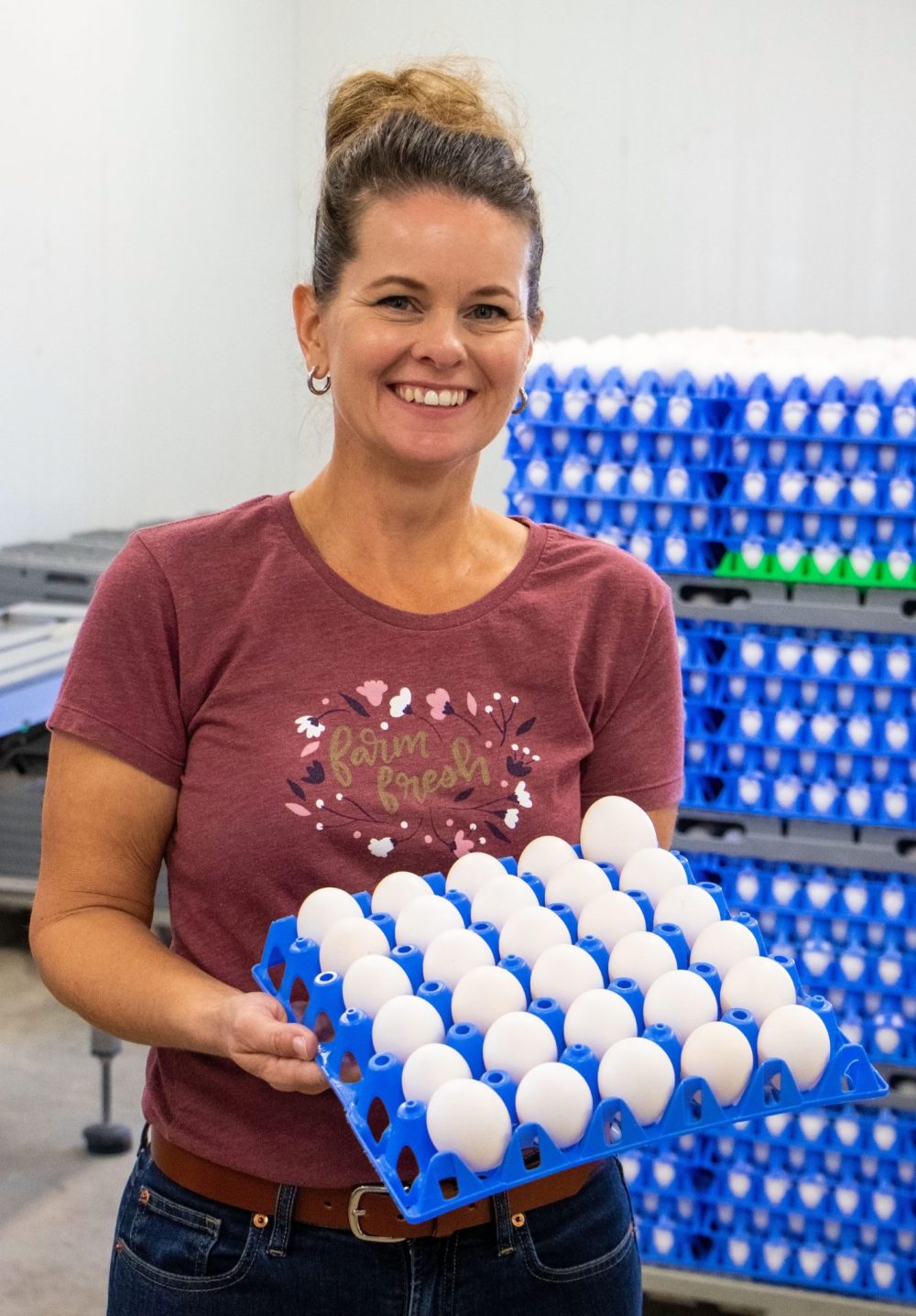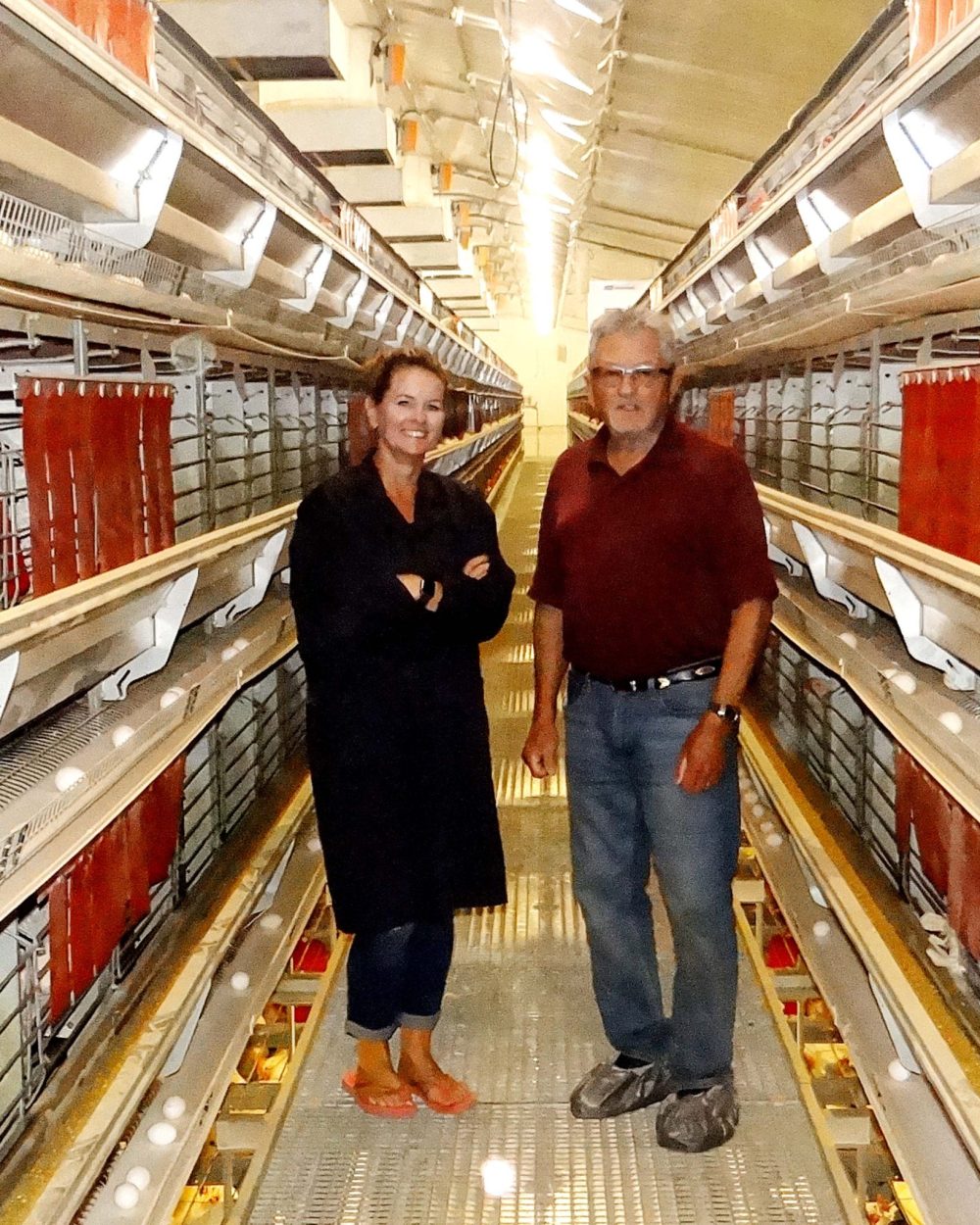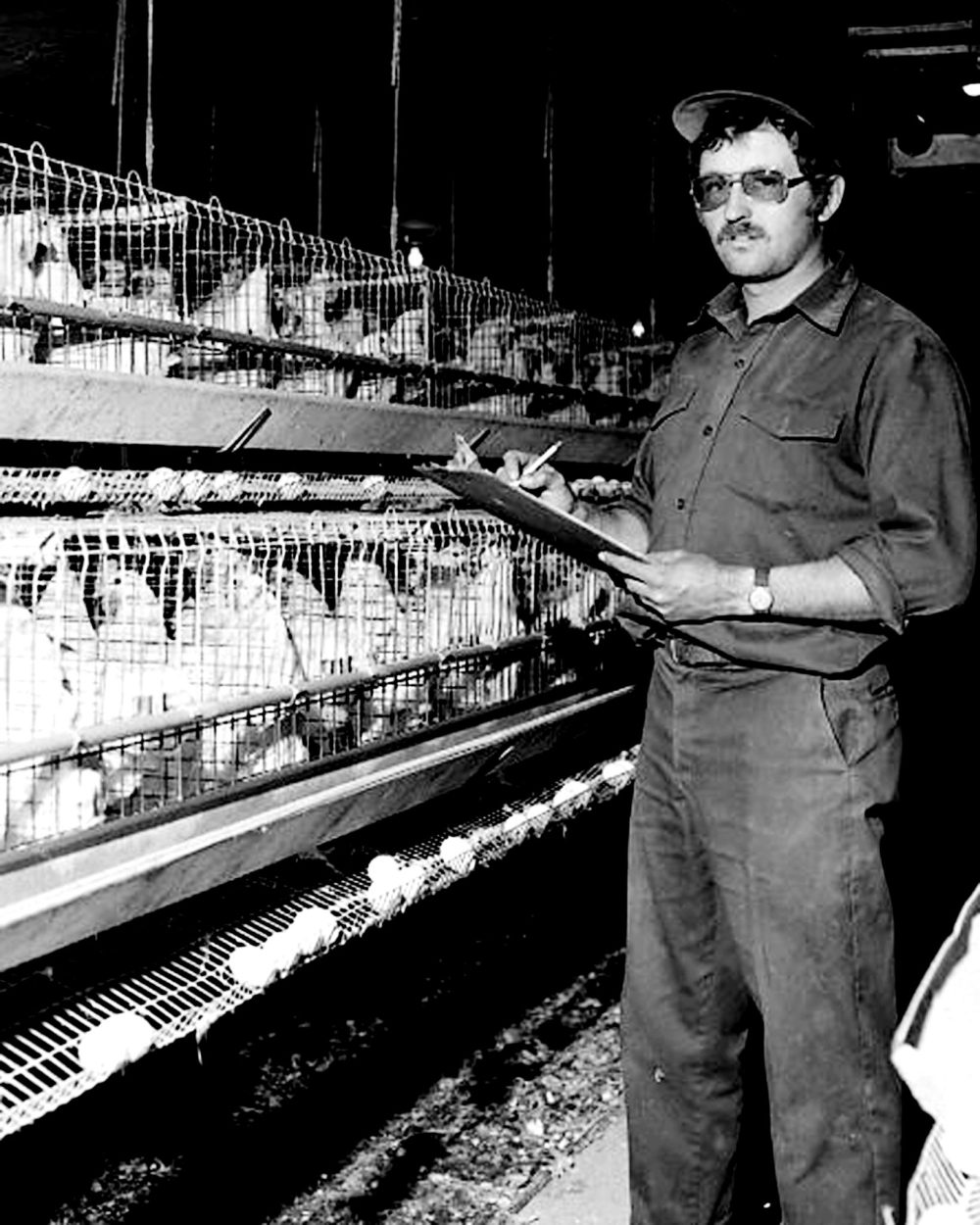Supply management stabilizes poultry industry in Canada
Advertisement
It has often been said, “If it ain’t broke, don’t fix it” and that cannot be more true than when it comes to Canada’s system of dealing with agriculture commodities in the dairy and poultry sectors.
Supply management allows Manitoba Egg Farmers, for example, to accomplish their mission of “leading a thriving egg industry, while empowering farm families for generations”.
The chair of Manitoba Egg Farmers and her parents are just one example of how the supply and demand system has worked well for the family farm in Manitoba.

Catherine Kroeker-Klassen says her parents remember a time before the system of supply and demand was implemented, and how it was costing more to produce eggs than they were getting for them.
Warren Kroeker, who started egg production in 1964, said with the way the price of eggs was going up and down, it was necessary to have a second enterprise to ensure a comparatively steady income.
“When prices were real good, we didn’t complain, but when the bottom dropped out, many egg producers faced ruin because they did not have another source of income to fall back on.”
But things were looking up by 1972, when a provincial marketing board had already achieved a great deal in its efforts to stabilize the egg market for Manitoba farmers and other provinces would soon follow suit to create a national marketing system of supply and demand.
Today, Manitoba produces enough eggs for its own consumption and the system is flexible enough to allow the province to send eggs across the country where needed. The recent outbreak of avian flu had created a shortage in production, and emergency measures were put in place to create an increase in production to meet an ongoing increase in demand.

As a result of those emergency measures, the Klassens have re-opened a second barn, which had been empty for two years, with 16,000 layers to try to get more eggs immediately into the system.
Kroeker-Klasssen says Canada does not export any eggs, but does have a trade deal with United States. The deal includes a seven percent tariff-free quota on eggs coming from the United States. When Trump signed that deal during his first term in office, he claimed it was the best deal ever.
Now Trump is claiming that under that free trade deal, Canada is charging an incredible tariff on eggs exported from the United States. He is ignoring the fact that the tariff would only kick in after the seven percent limit is reached and that has never happened.
There is a current egg shortage in the United States caused by avian flu in birds, which has pushed the price of eggs there to more than $10 (American) per dozen. The threat of a serious outbreak of avian flu in poultry is not nearly as bad in Canada. Even though there is little probability for it to crop up here, the whole country, not only BC, is on high alert.
Unlike the United States, where company farms have as many as 2 million birds, Canada’s egg farms are mostly family farms with an average of 16,000 to 20,000 birds, Kroeker-Klassen explains. Because the smaller operations are easier to protect, bio security measures in layer barns are much more successful in keeping Canadian flocks safe, she added.

The Canadian marketing system ensures a steady supply of eggs to meet an ever-increasing demand and also keeps the price stable, by limiting production to consumption.
Canadian eggs produced by Canadian farmers for Canadian consumers, is the mantra, so to speak.
Some of those Canadian consumers are newcomers, who bring with them the tradition of having eggs as an integral part of their diet. The demand for eggs as an economical protein source is ever-increasing and immigration from other countries, where eggs are part of a traditional diet, has contributed to that increase, Kroeker-Klassen explains.
Eggs have also become an integral part of a school breakfast program in the province and Manitoba Egg Farmers recently announced they are stepping up to support that program in a big way.
Earlier this month, Kroeker- Klassen was on hand at Parc La Salle School in St Norbert to whip up a batch of scrambled eggs at a media event to announce the donation of 10,000 coupons, each for a dozen eggs, to be distributed by the Child Nutrition Council of Manitoba to schools across the province.

Those 120,000 eggs will go a long way in helping to stretch funding for meal programs in the more than 400 schools participating in a school breakfast and snacks program.
